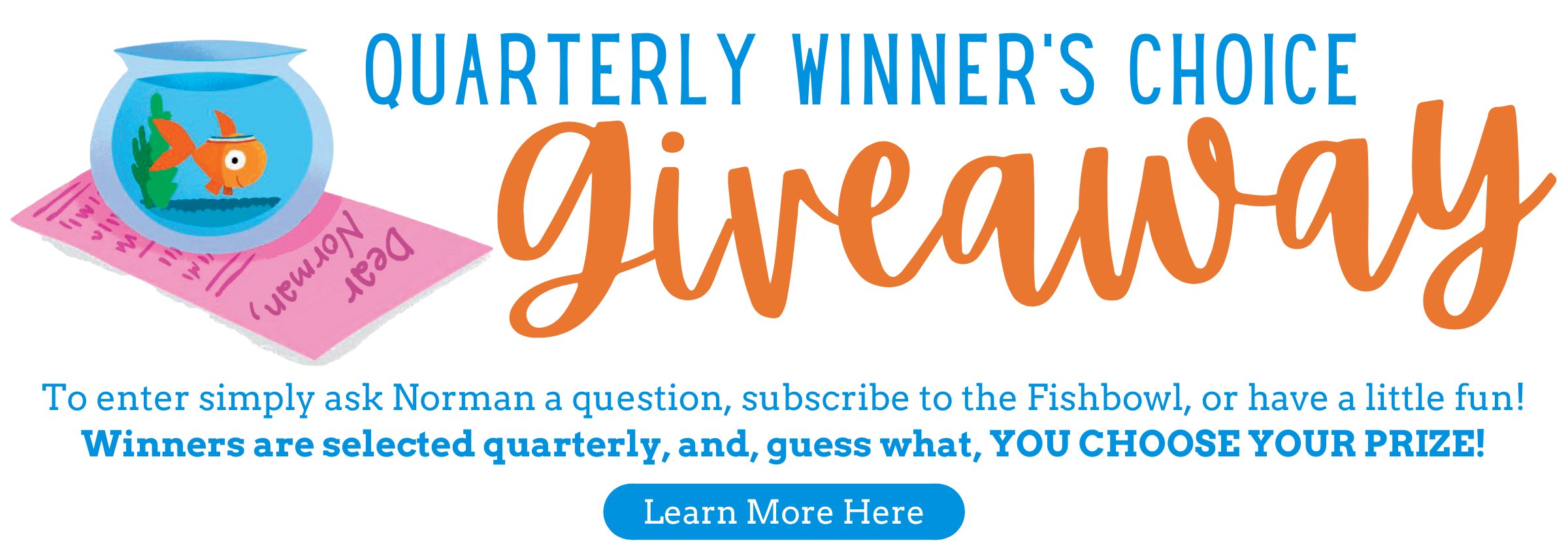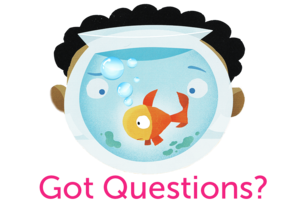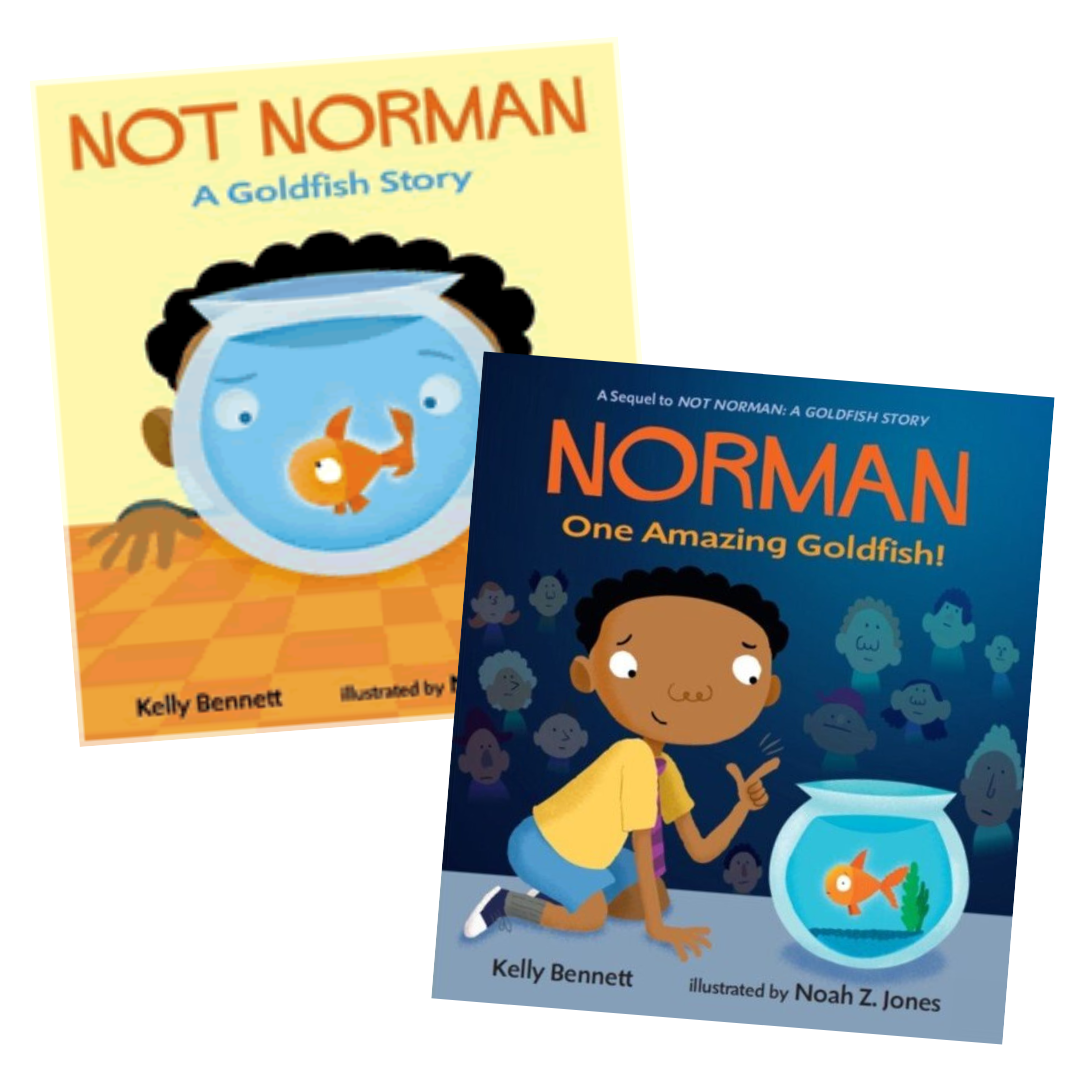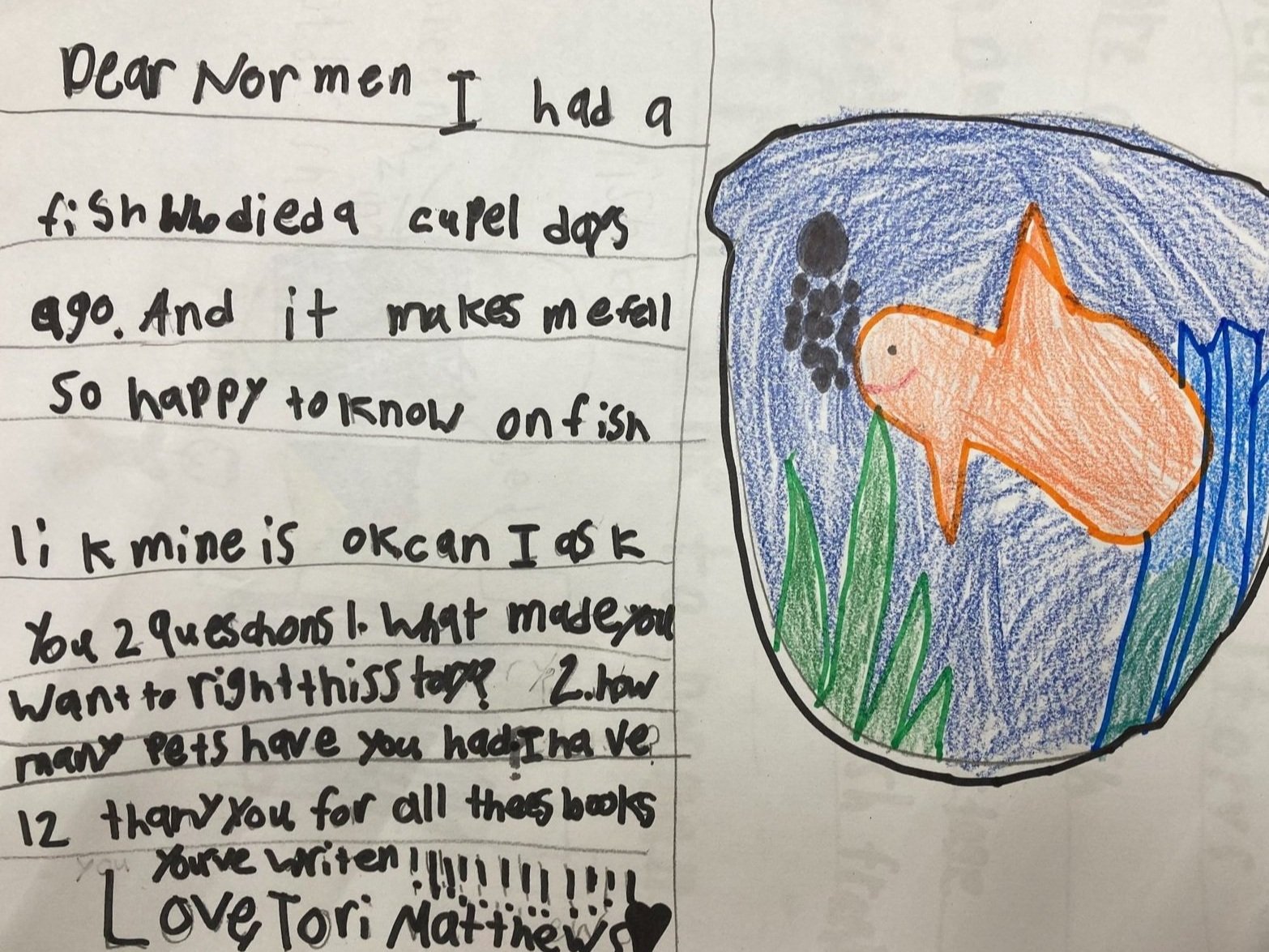What Inspires Me? Woody Guthrie "Keeping the Hoping Machine Going"
Happy Brand New Year! 2023. Time for fresh starts! New beginnings! Resolutions! Did I hear a GROAN????
Call me a hypocrite because every-single-other year I have written a post about making resolutions, their value, how important goals are yada-yada. . . but. . .
I hate making resolutions!
Not because I don’t have resolve. I absolutely do. Along with a mean followthrough…and I am not talking tennis!
"Hey hey, Woody Guthrie, I wrote you a song..." when Bob Dylan was a boy, he went to meet his hero. This PB by Gary Golio and Mark Burkhardt tells the story.
The problem is that coming up with that list of resolutions takes so dang long, wheedling it out to the important few, even longer—and when I’m finished my list of resolutions is always soooooo boring.
Which brings me to Woodie Guthrie
You might call it Back to the Future because I am talking the Woodie Guthrie circa January 1943. When he was on the road, seeing America and writing, strumming, singing songs, telling it like it was—with hopes for how it could be.
On January 1st, 1943, Woodie drafted and illustrated a 33-item list of resolutions.
An inspired heartful list with resolutions he felt worth fighting to keep—Number 33 is exactly that:
“Wake up and Fight.”
A few others touched me especially, including:
“Keep Hoping Machine Running”
“Dream Big”
“Write a song a day.”
“Dance Better.”
Don’t take my word for it! Go on and read for yourself (I’ve included the list below along with a link to the Town and Country article in which it was unearthed. Who knows a few items on the list might be just the reminder you need to encourage you to resolve that this will be a great great year!
Keeping our hoping machines running . . . now that’s inspiring!
Here’s to YOU and 2023, too!
And hearty thanks to @clarenashme for bring the article in Town and Country to my attention. Click the hyperlink to read it in its entirety.
Suggestion: And, if you have not yet visited the Woodie Guthrie Center in Tulsa, Oklahoma—add it to your list. It is amazing! And right next door is the Bob Dylan Center!
Poetry Challenge #277-The Prophet
Today, we celebrate Khalil Gibran (1883-1931). You know the author of that dog-eared bent spined paperback entitled The Prophet? The one so oft quoted at weddings? Who hasn’t read, owned, or at least seen copy? Apparently no one ANYWHERE! Poetry Foundation called Gibran “the best-selling American poet of the twentieth century.”
“He was one of those rare writers who actually transcend the barrier between East and West, and could justifiably call himself – though a Lebanese and a patriot – a citizen of the world.”
Khalil Gibran (also spelled Kahil) considered himself an artist first, a writer second. He was born Jubran Khalil Jubran on January 6, 1883, in Bsharri, Lebanon. In 1895, when he was 12, Gibran immigrated to the U.S., along with his mother and sibling. Their surname Jubran was Americanized to “Gibran.”
Gibran early works, published in Arabic newspapers, were sketches, short stories, and poems written in a conversational style about Middle Eastern immigrant’s experience in the U.S. Gibran’s work, both art and writing, were not critical successes. Nevertheless, his plain though poetic language style made his work, especially The Prophet, hugely popular--one of the best-selling books of all time it’s been translated into more than 100 languages. Here’s a selection of the “Love” chapter:
Poetry Challenge #277
On the topic of . . .
Khalil Gibran’s The Prophet is really a collection of poetic essays divided into chapters during which “The Prophet” extols “truths” of various topics: love, marriage, children, giving, eating and drinking, work, joy and sorrow, housing, clothes, buying and selling, crime and punishment, laws, freedom, reason and passion, pain, self-knowledge, teaching, friendship, talking, time, good and evil, prayer, pleasure, beauty, religion, and death.
For today’s prompt, as an homage to Gibran, choose a topic, either from the list above or otherwise, and explore its many aspects in a poetic essay. As Gibran did in “Love” and the chapter on “Children” (excerpted below*) include the “dos and do nots” of the topic.
Set Your Timer for 7 Minutes
Start Writing!
Don’t Think About it, Write It!
*For inspiration, here is a selection from the chapter on “Children.”
Cindy Faughnan and I began this 7-Minute Poetry Challenge 2400+ days ago. Now we take turns creating prompts to share with you. Our hope is that creatives—children & adults—will use our prompts as springboards to word play time. If you join us in the Challenge, let us know by posting the title, a note, or if you want, the whole poem in the comments.
Click on Fishbowl link and sign up to receive email notifications from Kelly's blog (aka The Fishbowl):
All who subscribe, comment or share a poem will be entered in . . .
What Inspires Me? Reading Free
I just celebrated my 4th Anniversary as a Little Free Library Steward. It began selfishly. As a way for me to cull my overflowing book collection. Frankly, in those first several months, I was my best library customer.
Then CoVid shutdown came, and with it library and bookstore closings. During that time, my library was the only book source in town! And, suddenly, instead of dwindling stock, I found myself curating stacks of donations. Sure, a few visitors used it as a dump for raggedy outdated textbooks and computer programing manuals. But most donations were gently read and some even included reviews and notes:
“Read Me! You’ll be glad you did””
Confession: I judiciously cull my library offering. Yes, I even ban some books from it.
I ban books I think are poorly written.
I ban some books I found boring.
I ban books that BIPOC friends find offensive.
I ban pamphlets.
I ban religious material folks slip in. (Not because I object to said material. More because I’ve made a decision to keep my library non-secular.)
I ban non-PG books.
As we all know—I’m not the only one banning books. And this might sound hypocritical, but this horrifies me. Towns defunding libraries because librarians refuse to ban books. Towns firing or “polietly” shoving out librarians who refuse to take “banned” books off their shelves….McFarland, CA seriously considering shutting the library—and turning it into a police station.
This, I can do something about. And every one of us with a Little Free Library can do something about. Because we are the stewards of our own Little Free Libraries. We can act!
We can stock banned books.
If you’ve got books! It you love books! If you like sharing books! Then there are 2 things you should consider doing:
Support your local library and librarian’s choices to purchase, stock and share books by diverse authors and on diverse subjects.
Steward your own Little Free Library. It’s fun. It’s rewarding. You can stock it with books that are being banned for the wrong reasons…and help keep reading free!
Besides, Little Free Libraries are so flippin’ creative, cute, clever….cool. Here are 36 Cool Little Free Library Designs. See for yourself.
Poetry Challenge #276-Just So Kipling
Rudyard Kipling wrote many books you might recognize: The Jungle Book, Just-So Stories, Captains Courageous.
His playful, imaginative stories belie his miserable childhood. Kipling was born in Mumbai, India on December 30, 1865. When he was barely six, his parents took him to England and left him at a foster home at Southsea. After five years there, he was shipped off to a boarding school, a rough one, with lousy food, teasing, bullying, beating and other cruelties. He received the Nobel Prize for Literature in 1907.
Kipling also wrote lots of poetry: If, Gunga Din, and Mandalay. His poetry often told a story using rhyming couplets and have been set to music many times over the years showing up in jazz, ragtime, swing, pop, folk, and country music. Frank Sinatra adapted and performed the poem Mandalay.
Poetry Challenge #276
Just So Kipling
Write a narrative poem—one that tells a story—using rhyming couplets. Think of a famous person, place, or historical event and tell a story about it.
Set Your Timer for 7 Minutes
Start Writing!
Don’t Think About it, WRITE IT!
Below is your reward—a Video of Frank Sinatra singing Mandalay (the version of which was evidently banned in England because Kipling’s relatives objected to it.
Cindy Faughnan and I began this 7-Minute Poetry Challenge 2500+ days ago. Now we take turns creating prompts to share with you. Our hope is that creatives—children & adults—will use our prompts as springboards to word play time. If you join us in the Challenge, let us know by posting the title, a note, or if you want, the whole poem in the comments.
Click on Fishbowl link and sign up to receive email notifications from Kelly's blog (aka The Fishbowl):
All who subscribe, comment or share a poem will be entered in . . .
Fin Pal asks Norman Fishy Christmas Jokes!
Happy Holidays! We have presents for you!
Below are 5 of Norman’s Finniest Christmas Jokes. Can you guess the answers?
Some of them are real sinkers so get ready. . .
Q: What is Whale Santa’s official greeting?
Scroll down for the answer . . .
Glug
Glug
Glug . . .
A: Blow-Blow-Blow
Q: Who brings good-little goldfish Christmas presents?
Scroll down for the answer . . .
Glug
Glug
Glug . . .
A: Sandy Claws
Q: What do goldfish sing over the holidays?
Scroll down for the answer . . .
Glug
Glug
Glug . . .
A: Christmas Corals
Q: What do goldfish use to tie Christmas bows?
Scroll down for the answer . . .
Glug
Glug
Glug . . .
A: Ribbon Eels
Q: What is Norman’s favorite Christmas Song?
Scroll down for the answer . . .
Glug
Glug
Glug . . .
A: We Fish You a Merry Christmas!
Happy Fishmas and Merry New Year from the Fishbowl!
Do you have a question for Norman the Goldfish- about friends, school, pets, family, life in and outside the fishbowl? Send him a letter!
Don’t forget to order your copy of NOT NORMAN: A GOLDFISH STORY and NORMAN: ONE AMAZING GOLDFISH!!
Poetry Challenge #275-Unfettered and Alive
I want to be free! Free to be! Born Free! or, if you live in New Hampshire, Live Free or Die! And thanks to Gustave Kahn, we can write free…verse!
Gustave Kahn (born Dec. 21, 1859, Metz, France—died Sept. 5, 1936, Paris), was a French poet and literary theorist who claimed to be the inventor of vers libre “free verse”.
“Vive vers libre!”
French poetry at the time had very rigid rules including the number of syllables on a line and the way the poem needed to rhyme.
Kahn’s free verse poetry however, used phrases as the basic unit to measure a line which meant the number of words or syllables could be different on each line. Each verse was a complete sentence, and the use of rhyme was optional. Here is one of Gustave Kahn’s poems entitled Three Girls on the Sea-Shore:
Poetry Challenge #275
Unfettered and Alive!
For today’s poem throw off those poetic shackles, because thanks to Gustave Kahn we can, and write freely about . . .
Freedom!
Think back on a time when you were totally and completely free—unfettered and alive a Joni put it in the song I Was a Free Man in Paris. What does that freedom feel like, taste like, smell like?
Write a free verse poem about Freedom.
Each line should contain a phrase or two and use one complete sentence for each verse. You can rhyme or not, as you choose.
Set Your Timer for 7 Minutes
Start Writing!
Don’t Think About it, Write It!
Cindy Faughnan and I began this 7-Minute Poetry Challenge 2400+ days ago. Now we take turns creating prompts to share with you. Our hope is that creatives—children & adults—will use our prompts as springboards to word play time. If you join us in the Challenge, let us know by posting the title, a note, or if you want, the whole poem in the comments.
Click on Fishbowl link and sign up to receive email notifications from Kelly's blog (aka The Fishbowl):
All who subscribe, comment or share a poem will be entered in . . .
Fin Pal Tori asks Norman "How About Pets?"
Isn’t Tori’s letter and picture fintastic! Ready to read Norman’s answer? Scroll down . . .
Glug
Glug
Glug . . .
But first a finny!
Q: What did one candlefish say to the other candlefish?
Q: What did one candlefish say to the other candlefish?
A: Want to go out tonight?
Do you have a question for Norman the Goldfish- about friends, school, pets, family, life in and outside the fishbowl? Send him a letter!
Don’t forget to order your copy of NOT NORMAN: A GOLDFISH STORY and NORMAN: ONE AMAZING GOLDFISH!!
Poetry Challenge #274-Carolyn Rogers, Gave this World
Today we celebrate poet Carolyn Marie Rodgers, born in 1940 in Chicago. Rogers, who died from cancer in April 2010, often performed her poetry in coffeehouses—dramatic, passionate readings (I’ve included a video below so you can see and hear her yourself, after). The themes of her work included feminism, the role of Black women, relationships, and love.
In her early career, Rogers studied with Gwendolyn Brooks and Nikki Giovanni. She wrote many books of poetry and was a finalist for the National Book Award in 1976 for how I got ovah: New and Selected Poems (1975).
“Between 1968 and 1978 I never believed that any female or male poet was any more crafted or gifted as Carolyn Rodgers. That is a fact.”
Here is the first section of Carolyn Rogers’ poem entitled Affirmation
Poetry Challenge #274
I Gave This World . . .
Affirmations are recognizing the good things, being supporting or encouraging.
A monologue is a long speech by one person.
Now, write an affirmation monologue of your own. If you want, begin the way Carolyn Rodgers did:
I gave this world…
Set Your Timer for 7 Minutes
Start Writing!
Don’t Think About it, WRITE IT!
Cindy Faughnan and I began this 7-Minute Poetry Challenge 2400+ days ago. Now we take turns creating prompts to share with you. Our hope is that creatives—children & adults—will use our prompts as springboards to word play time. If you join us in the Challenge, let us know by posting the title, a note, or if you want, the whole poem in the comments.
Click on Fishbowl link and sign up to receive email notifications from Kelly's blog (aka The Fishbowl):
All who subscribe, comment or share a poem will be entered in . . .







































